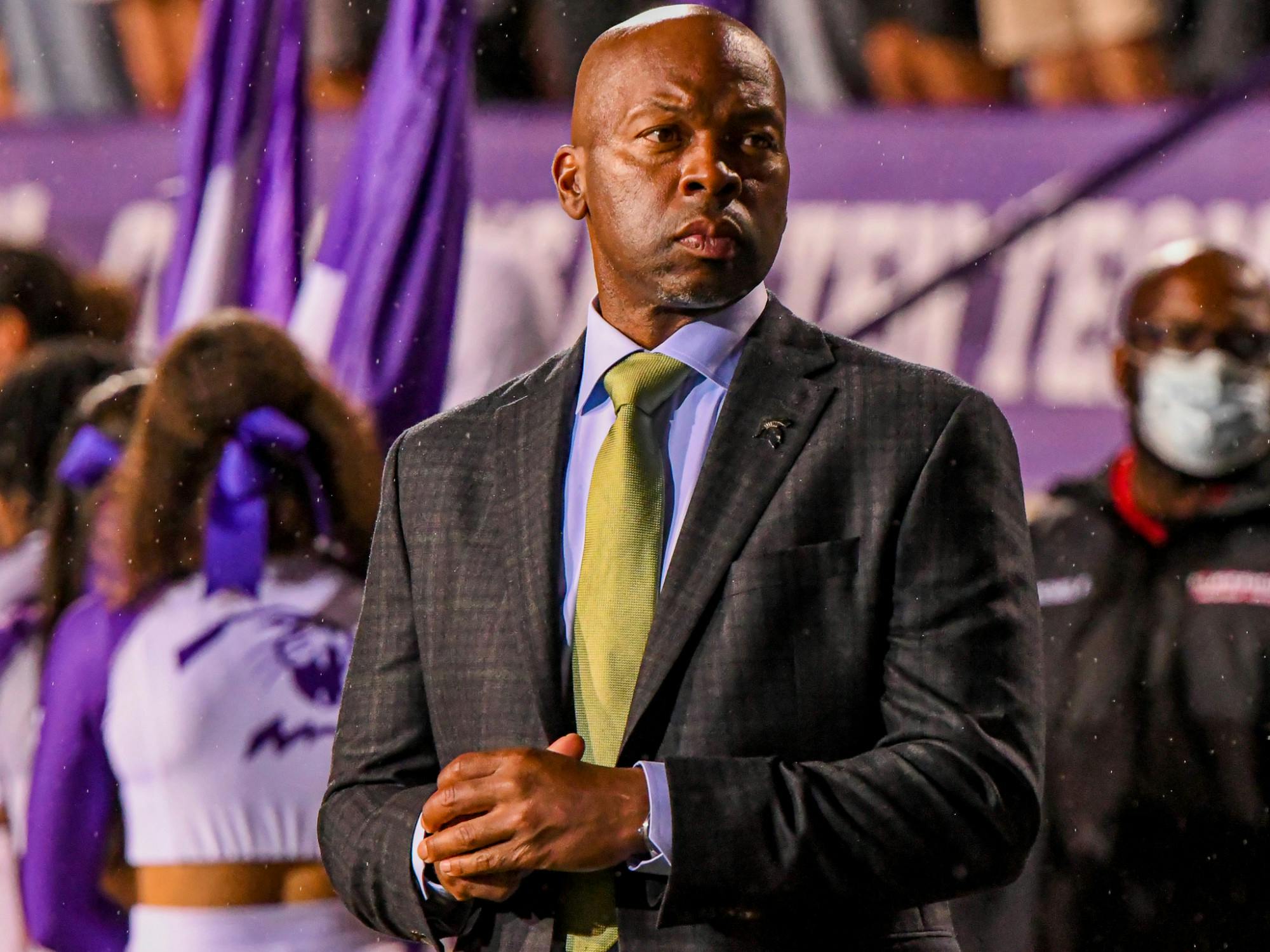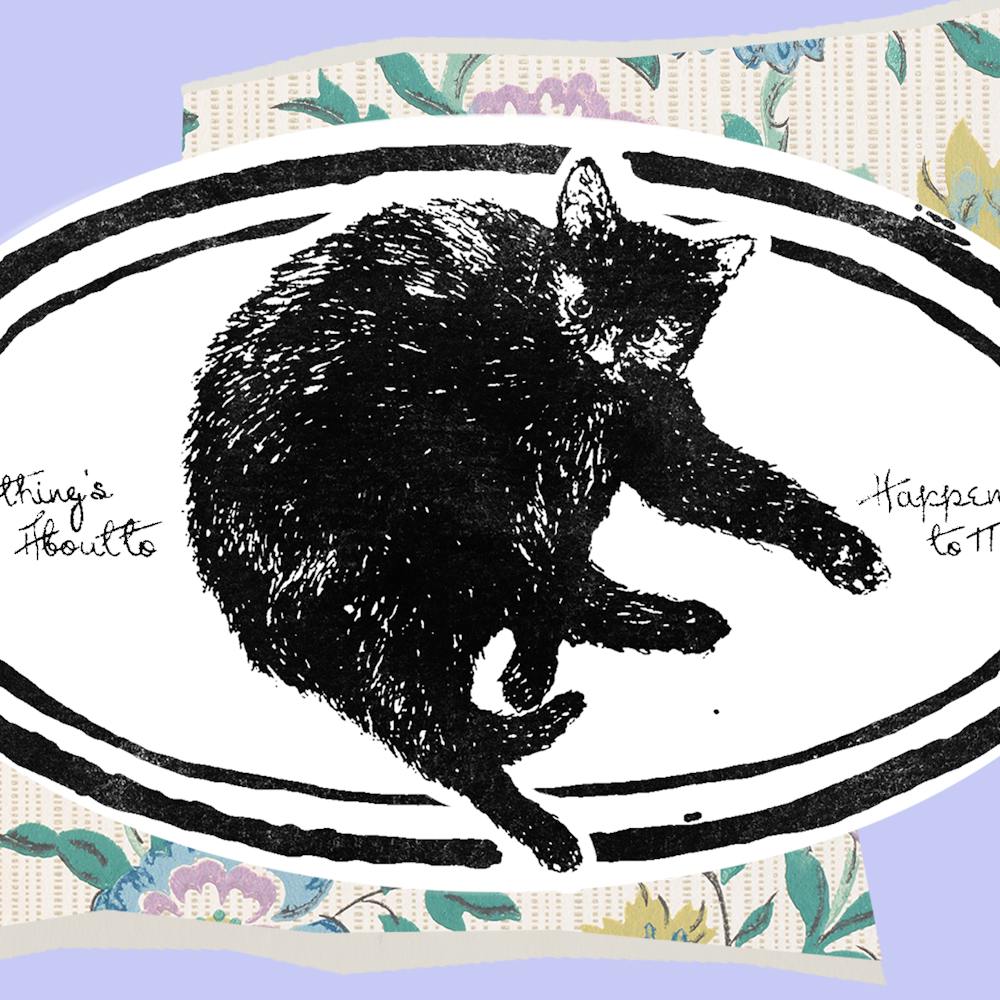The American Gaming Association adopted new rules on March 28, which would disallow partnerships between colleges and sports-betting companies, challenging Michigan State Athletics' nearly $9 million deal with Caesars Sportsbook, according to the association's website.
The American Gambling Association, or AGA, is not a government agency, rather a group of casinos and online gambling firms that regulate the industry through an internally-enforced code of rules. Caesars is not a member of the AGA, but is still bound by the guidelines it creates, according to AGA Senior Vice President Casey Clark.
Individuals and members are asked to submit complaints to the AGA if they suspect firms of breaking their rules, those would then be investigated by a review board, according to the organization's policy. Though, Clark says there has only been one recorded code violation and that firm shifted into compliance before intervention was even needed.
It’s not entirely clear how MSU will react to these new rules. When asked if he believes if the Caesars deal could continue, Clark said “you're gonna have to ask [MSU] and Caesars about their particular partnership. But from a strict code situation, any new partnerships will be prohibited, and any expansion would likely be prohibited.”
Associate athletics director/communications Matt Larson, MSU spokesperson Dan Olsen and MSU Vice President of Communications Emily Guerrant were all unavailable for comment at time of publication. Media representatives for Caesars were also unavailable.
The partnership has been criticized nationally by regulators, lawmakers, and addiction experts for encouraging students to partake in gambling, which studies have found is disproportionately dangerous and addictive for young people.
The deal was also briefly questioned by MSU's interim president Teresa Woodruff at a January meeting of the university steering committee.
Department of Agricultural, Food, and Resource Economics Professor Satish Joshi, who first criticized the partnership at a November 2022 University Council meeting, said he wishes the athletics department would have ended the partnership on its own, rather than wait until a regulator outlawed its deal.
“This shouldn’t be a debate,” Joshi said. “Promoting this, using college events to promote gambling, is absolutely morally reprehensible. We should not have even gone there, but having gone there, I think it’s time they terminate it quickly.”
The now-moot deal includes broadcasts and video advertisements for Caesars during games, emails to MSU’s database of students, free tickets to games and seats on teams’ private-planes for Caesars employees, as well as the non-specific clause which allows the company to “Caesarize” the tailgating spaces outside of Spartan Stadium.
Outside of those broad areas, the structure of the deal makes the details unclear. Playfly, a sports-marketing company, serves as a middleman between MSU and Caesars, meaning the contract containing specifics is between two private companies and not subject to public records requests.
That secrecy was touted by Playfly employees attempting to finalize the deal in 2021, according to emails to MSU Athletic Director Alan Haller obtained by The State News.
The new rules also prohibit NIL deals between college players and sports-betting companies.
Support student media!
Please consider donating to The State News and help fund the future of journalism.
Discussion
Share and discuss “New national gambling rules threaten MSU-Caesars Sportsbook $9 million partnership” on social media.







